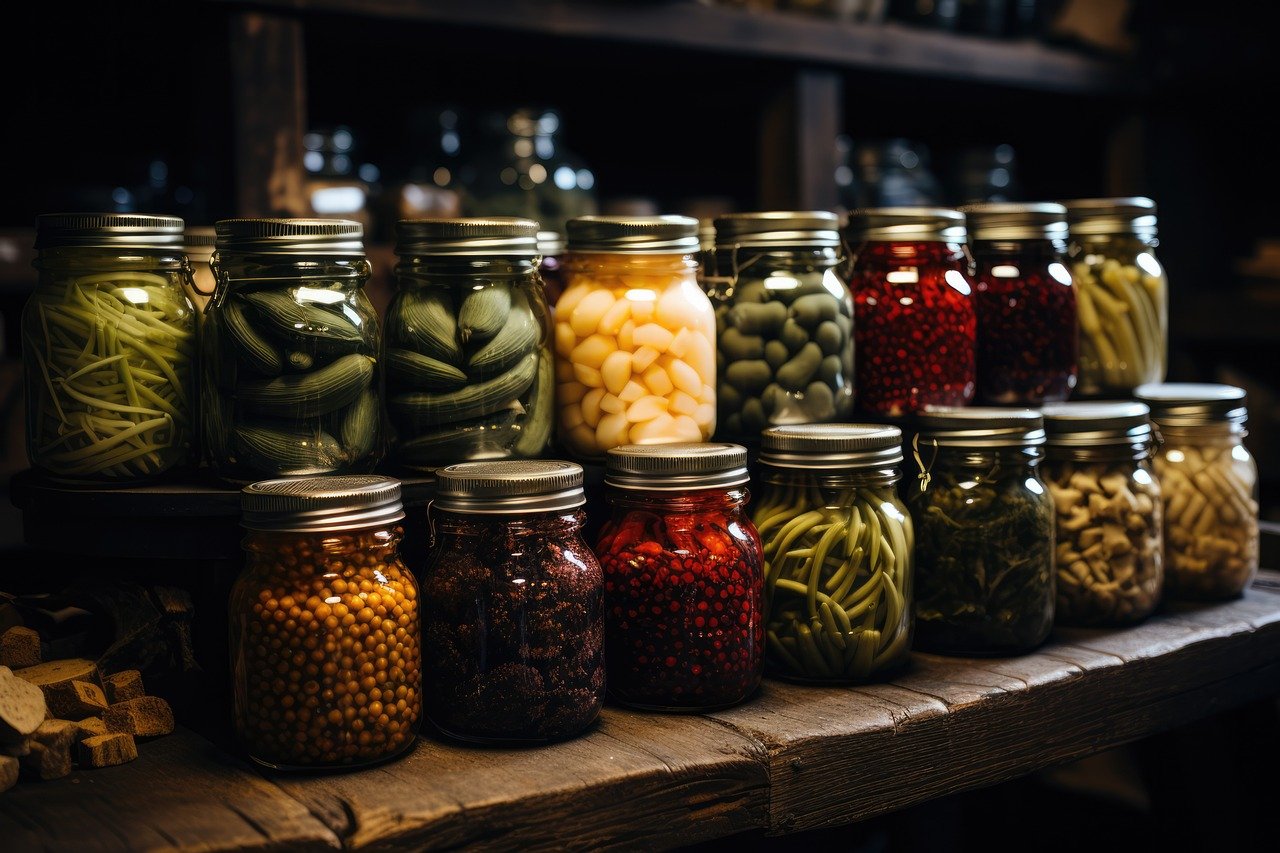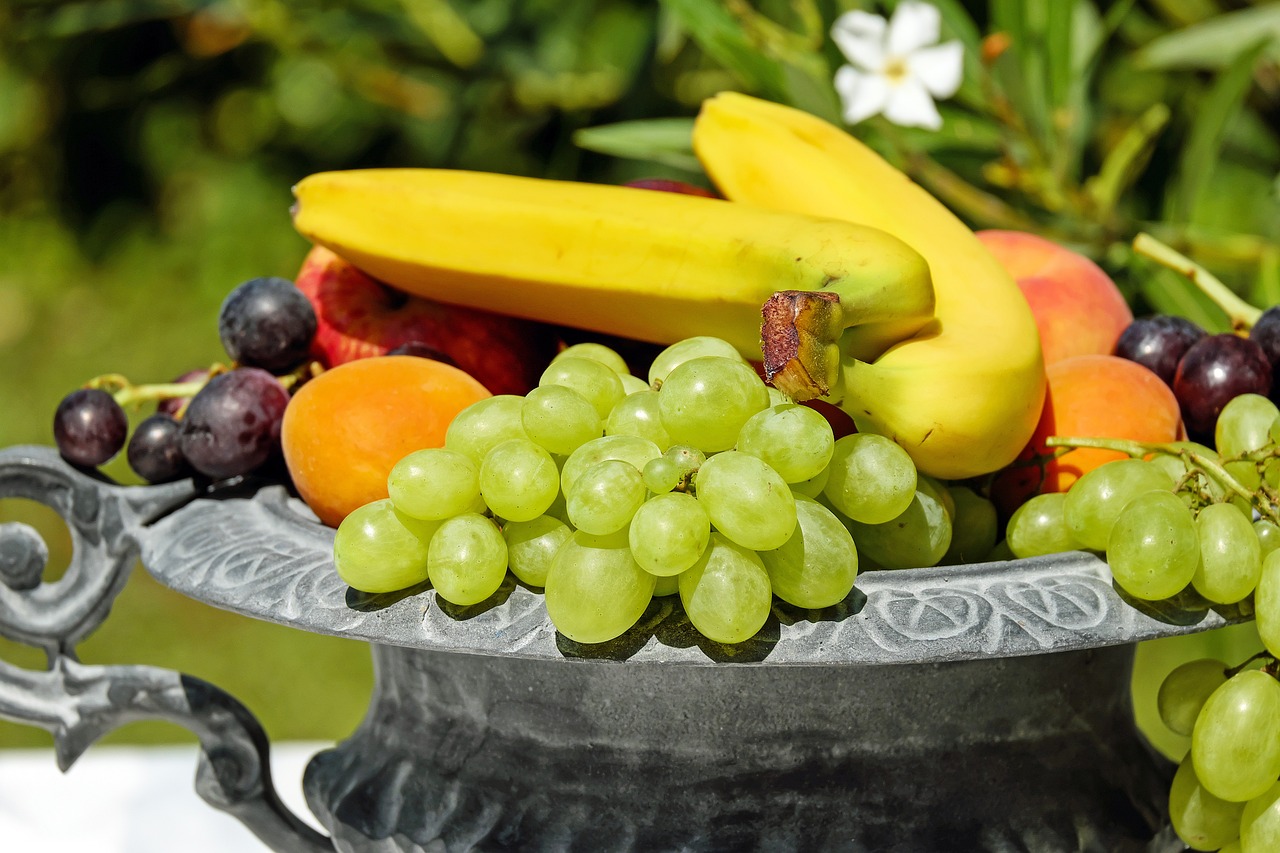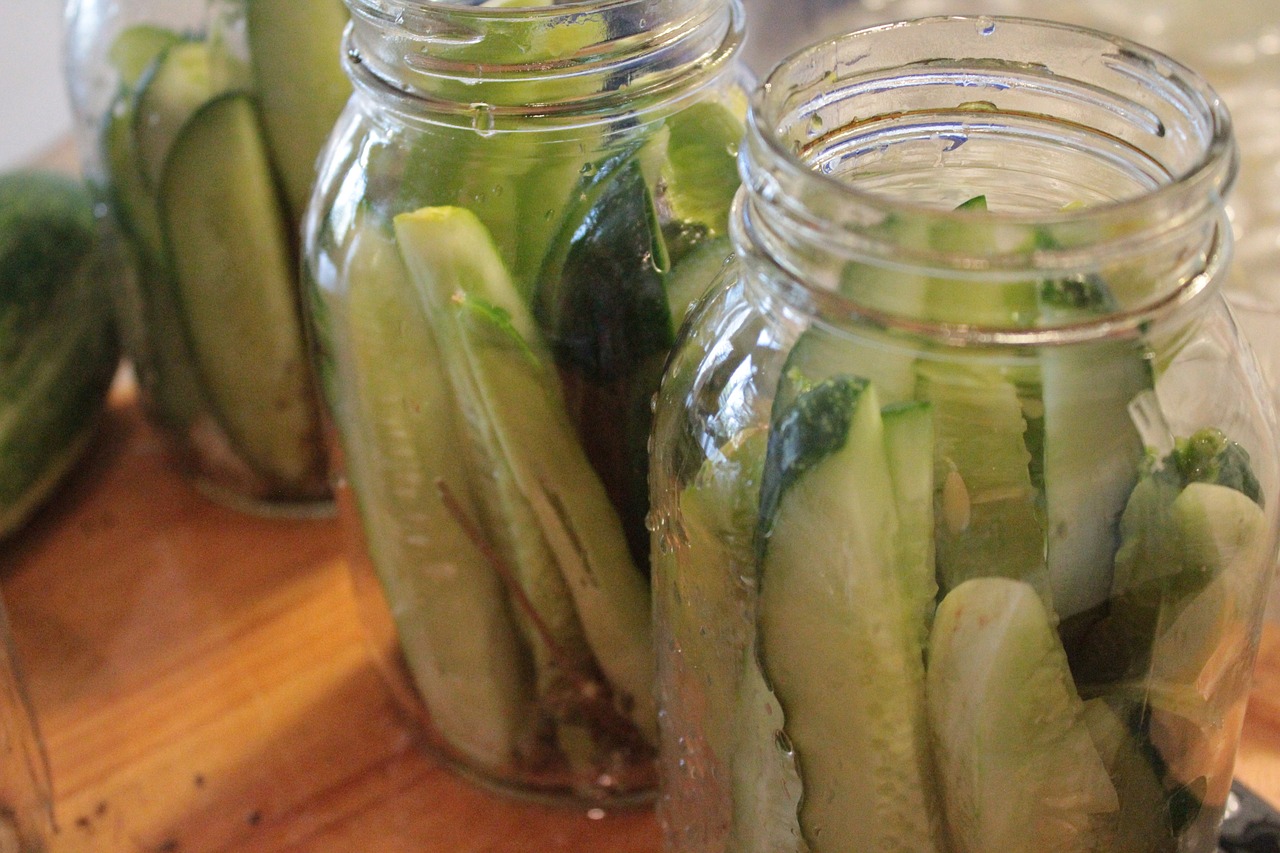Conquering Kitchen Waste: Best Ways to Reduce Food Waste in Every Bite
Imagine overflowing landfills bursting with perfectly edible food, contributing to climate change and wasting precious resources. This alarming reality, dubbed “food waste,” impacts us all, costing both the environment and our wallets. But the good news? We can be the heroes of this kitchen-based battle! So, grab your reusable grocery bag and join me as we explore the best ways to reduce food waste and become champions of sustainability.
Key Takeaways:
- Plan: Meal planning and smart grocery lists prevent impulsive purchases and unnecessary food decay.
- Store Smarter: Proper storage techniques extend shelf life and keep food fresh.
- Embrace Leftovers: Leftovers aren’t leftovers; they’re tomorrow’s delicious creations! Rethink, repurpose, and freeze.
- Scraps to Soil: Composting transforms food scraps into nutrient-rich gold for your garden.
- Think Beyond Your Kitchen: Support local food banks, choose sustainable retailers, and advocate for waste reduction measures.
Understanding the Enemy: The Glaring Facts of Food Waste
Think of those wilted veggies in the crisper drawer or the forgotten containers at the back of the fridge. Food waste, often unseen, lurks in our kitchens, accounting for a staggering 8% of global greenhouse gas emissions. Moreover, 1.3 billion tons of food are wasted annually, enough to feed the world’s hungry twice over. This colossal issue demands action, and the heroes we seek are right here, in our own kitchens. Understanding these facts is the first step in finding the best ways to reduce food waste. Dive deeper into the extensive food waste resources provided by the U.S. EPA.
From Planning to Pantry: Mastering the Kitchen Battlefield
The battle against food waste begins before you even step foot in the grocery store. Embrace the power of weekly meal plans! Tailor your menus to existing ingredients and plan around sales. Create grocery lists, sticking to them like trusty sidekicks to avoid impulse buys and unwanted extras. Remember, every item you purchase has a carbon footprint, so choose wisely!
Now, picture your pantry and fridge as organized fortresses. Implement the First-In, First-Out (FIFO) system, prioritizing older items for consumption. Learn proper storage techniques for different food types – airtight containers for dry goods, crisp drawers for leafy greens, and designated shelves for dairy products. Remember, temperature matters! Storing food correctly extends its shelf life, minimizing waste.

Conquering the Supermarket: Smart Shopping for Less Waste
The grocery store might tempt you with its aisles of abundance, but stay vigilant! Resist the siren song of “buy one, get one free” deals unless you truly need both items. Choose smaller portion sizes to avoid excess leftovers, and don’t be afraid to embrace “ugly” produce – it’s just as delicious and often discounted! Check for clearance sections – those soon-to-expire bargains can be transformed into culinary masterpieces. Explore practical tips and resources for reducing food waste in your kitchen from FoodPrint.

Leftovers: Unlocking the Best Ways to Reduce Food Waste with Yesterday’s Dinner
Leftovers aren’t leftovers; they’re opportunities for culinary creativity! Don’t relegate them to the forgotten corners of your fridge. Plan second meals using leftover ingredients, and get inspired by countless online recipes that transform yesterday’s dinner into tomorrow’s lunch. Think stir-fries, soups, or baked goods – the possibilities are endless!
And for those moments when you know you won’t finish everything, embrace the superpower of your freezer. Flash-freeze fresh produce at peak ripeness and savor its flavor later. Portion leftovers in airtight containers for easy defrosting and repurposing. Remember, freezing is not a death sentence, but a pause button for your food’s delicious journey. Discover creative recipe ideas and inspiration for transforming leftovers from Love One Another Food Waste.

Scraps to Soil: Composting’s Glorious Transformation
Food scraps, once destined for the trash bin, can rise again as heroes in your garden. Enter the fascinating world of composting! This natural process transforms food scraps and yard waste into nutrient-rich soil that nourishes your plants. Start small with a countertop composter for kitchen scraps, or consider outdoor bins for larger households. Composting is a beautiful example of waste not, want not – turning discards into the lifeblood of your garden.

This is just the beginning of our journey! Let’s delve deeper into advanced strategies for food waste warriors and explore ways to combat waste beyond the kitchen walls.
Deep Dive for Food Waste Warriors
From kitchen crusaders to waste-busting champions, let’s level up our fight against food waste! Embrace your inner waste-busting champion and unlock even more best ways to reduce food waste! We already explored the foundational strategies for conquering kitchen waste, from planning and storage to leftovers and composting. Now, it’s time to unleash your inner warrior and dive into advanced tactics for minimizing your environmental footprint.
Preservation Techniques: Extending Shelf Life Like a Pro
Fresh produce might seem like a fleeting foe, but with the power of preservation techniques, you can extend its shelf life and reduce food waste. Embrace the ancient art of pickling – transform cucumbers into tangy delights, or preserve onions in a vibrant brine. Unleash your inner fermentation maestro and create delicious kimchi or sauerkraut, packed with probiotics and flavor. Drying techniques, like creating sun-dried tomatoes or homemade fruit chips, offer another route to long-lasting deliciousness. And for those with a canning spirit, learn the art of preserving fruits, vegetables, and even meats for future enjoyment.

Beyond the Kitchen: A Community Effort Against Waste
Our battle against food waste extends beyond our kitchens. Let’s join forces with the community to create a ripple effect of change! Supporting local food banks and pantries is a powerful way to ensure surplus food reaches those in need. Volunteer your time or donate extra groceries, knowing you’re making a tangible difference. Consider joining community gardens or composting initiatives, fostering a collaborative spirit of sustainability. Connect with local food banks and gleaning organizations through the Kisān Network.
Combating Waste in the Supply Chain: Be a Conscious Consumer
Remember, the fight against food waste starts long before it reaches our kitchens. Choose retailers committed to sustainable practices, minimizing food waste in their operations and offering responsibly sourced ingredients. Support farms that prioritize ethical and environmentally friendly practices. By voting with our wallets, we can encourage positive changes throughout the food supply chain.
Busting Myths and Clearing Confusion: FAQ Time!
Let’s address some common questions and concerns to empower your waste-reducing journey and tackle some common challenges to finding the best ways to reduce food waste:
Is composting smelly?
Not at all! Properly maintained compost piles are odorless. Choose a suitable location with good drainage and aeration, and avoid adding meat or dairy products to prevent unpleasant smells.
Can I freeze everything?
While freezing is a powerful tool, some foods, like leafy greens and dairy products, don’t freeze well and can become mushy or watery upon thawing. Stick to freezing fresh produce at peak ripeness, cooked meals, and meat.
I don’t have time to cook every day. How can I reduce waste?
Batch cooking is your friend! Prepare large quantities of meals on the weekend and freeze portions for easy defrosting and enjoyment throughout the week. Utilize leftovers creatively, and embrace quick and simple recipes for busy weeknights.
Remember, every small step counts! By incorporating these best ways to reduce food waste into your daily life, you’ll become a champion for sustainability, one bite at a time. Let’s work together to create a future where food is cherished, waste is minimized, and our planet thrives.

I’m Chris, a passionate advocate for sustainability, sharing my journey and tips from our vibrant family farm. With a background rooted in zero-waste living and a heart committed to eco-friendly practices, I aim to empower others through my blog. Each post is a blend of personal experiences or a question I have once pondered, and practical advice for those looking to make sustainable choices in their daily lives. Join me in making every step a greener one, as we explore the joys and challenges of living sustainably together.